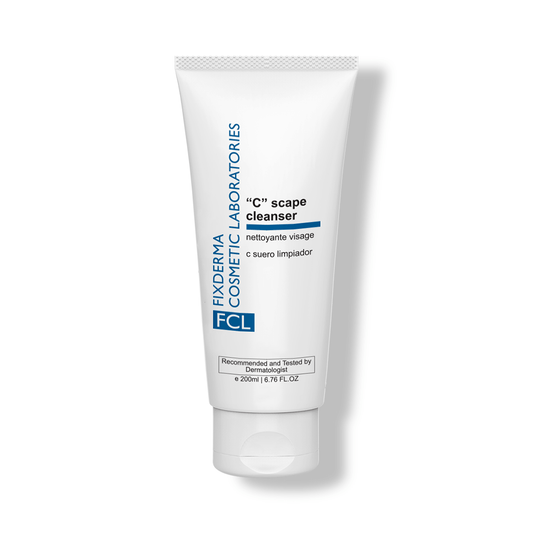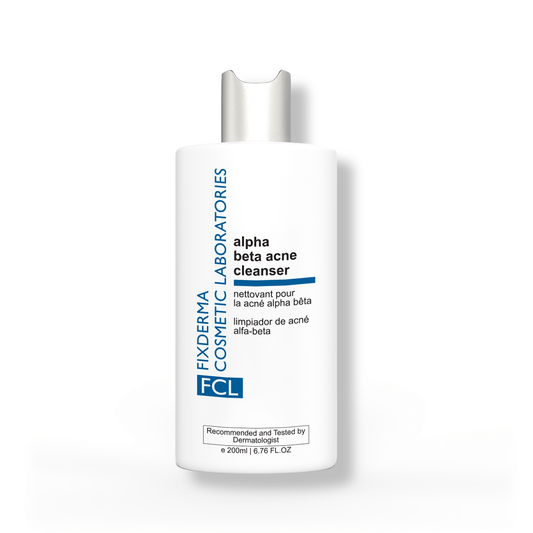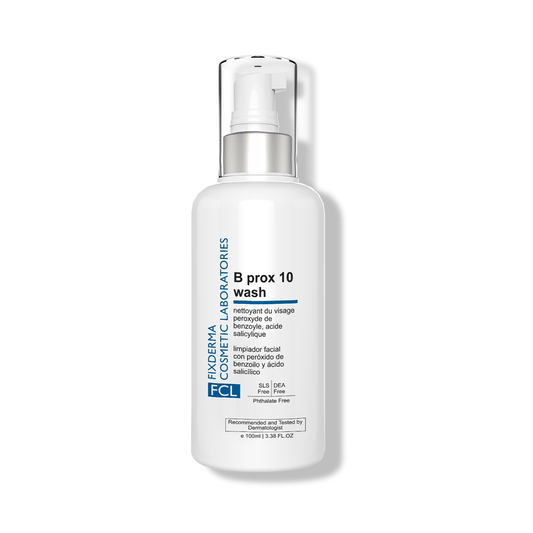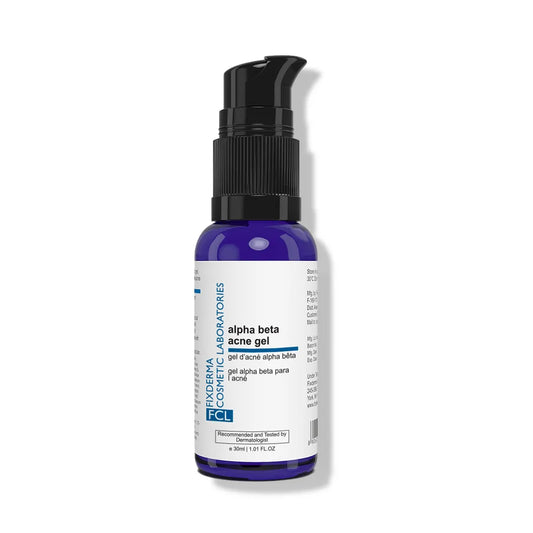
Oily Skin
-
C Scape Cleanser Vitamin C Face Wash
L-Ascorbic Acid + Vanilla Extract + Multifruit BSC4.8 / 5.0
(30) 30 total reviews
75ml200ML₹ 450Unit price / per -
Alpha Beta Acne Cleanser
Glycolic acid + Salicylic acid + Cutipure4.89 / 5.0
(9) 9 total reviews
200ML₹ 1,050Unit price / per -
B Prox 10 Wash Face Wash
Benzoyl Peroxide + Salicylic acid + Zinc Oxide + Lipacide C8G4.64 / 5.0
(25) 25 total reviews
100ML₹ 1,225Unit price / per -
Alpha Beta Acne Gel
Glycolic Acid + Salicylic Acid + Retistar4.88 / 5.0
(17) 17 total reviews
30ML₹ 1,250Unit price / per



